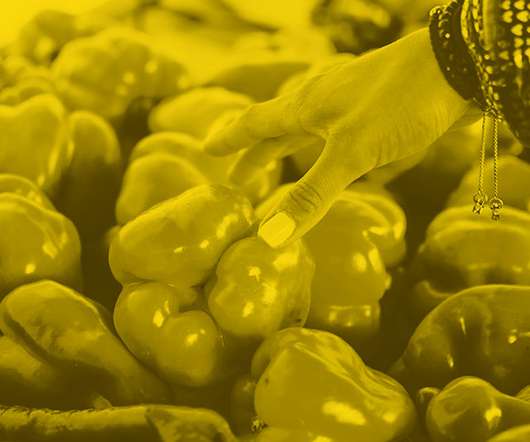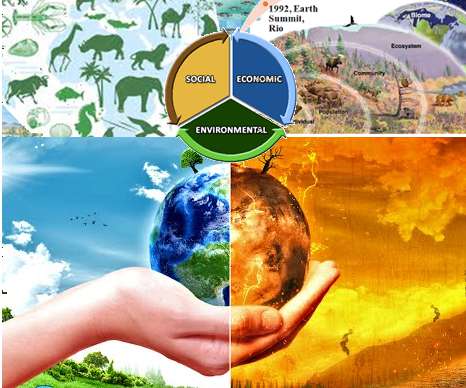How to Reduce Packaging Waste
The Environmental Blog
APRIL 22, 2024
Opt for products that use less packaging or packaging made from recyclable materials. Support Brands with Sustainable Packaging Many companies are now using eco-friendly packaging materials like biodegradable plastics or recycled paper. The post How to Reduce Packaging Waste appeared first on The Environmental Blog.























Let's personalize your content